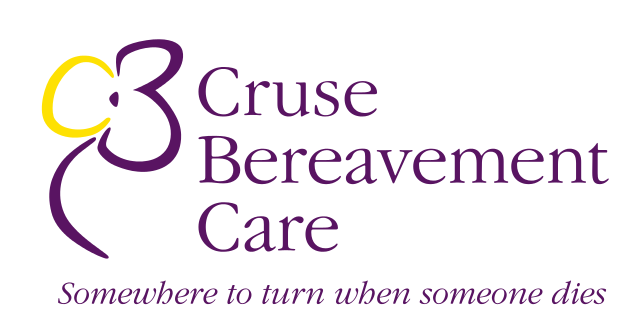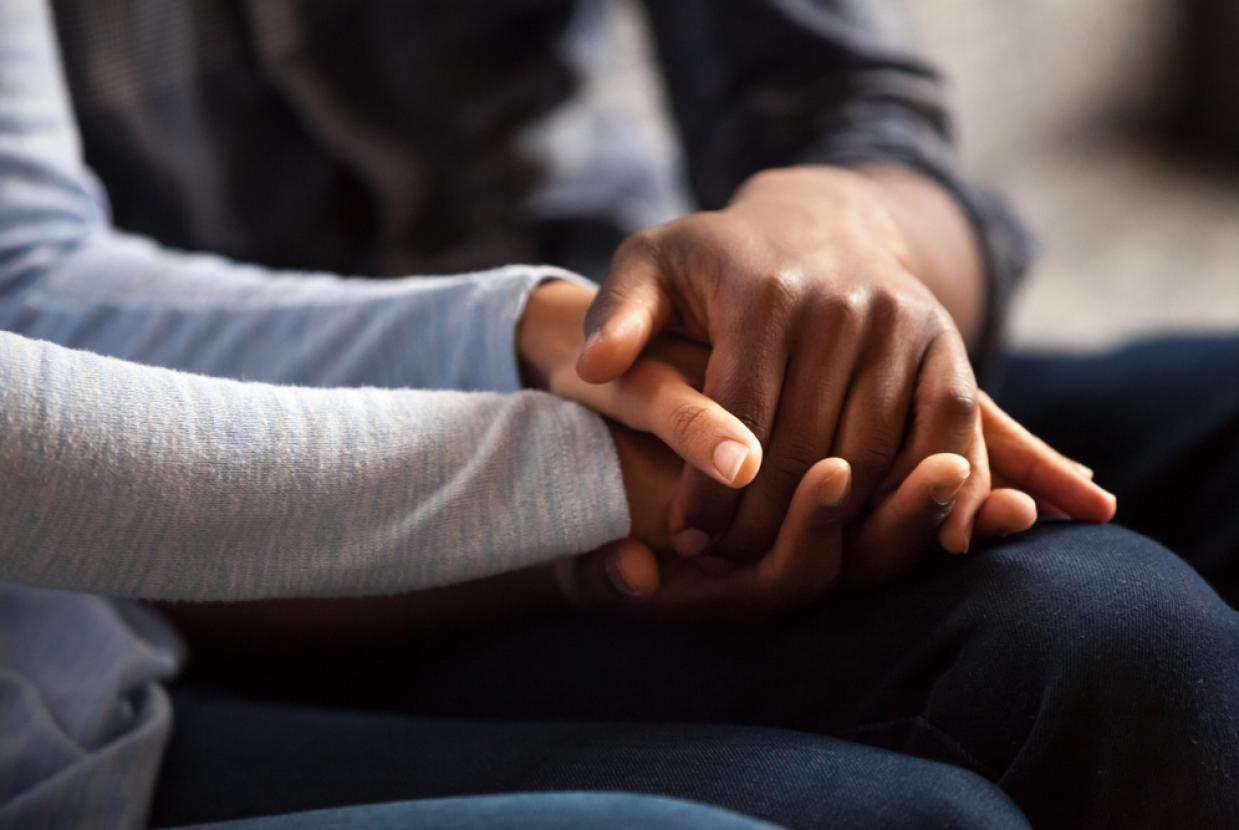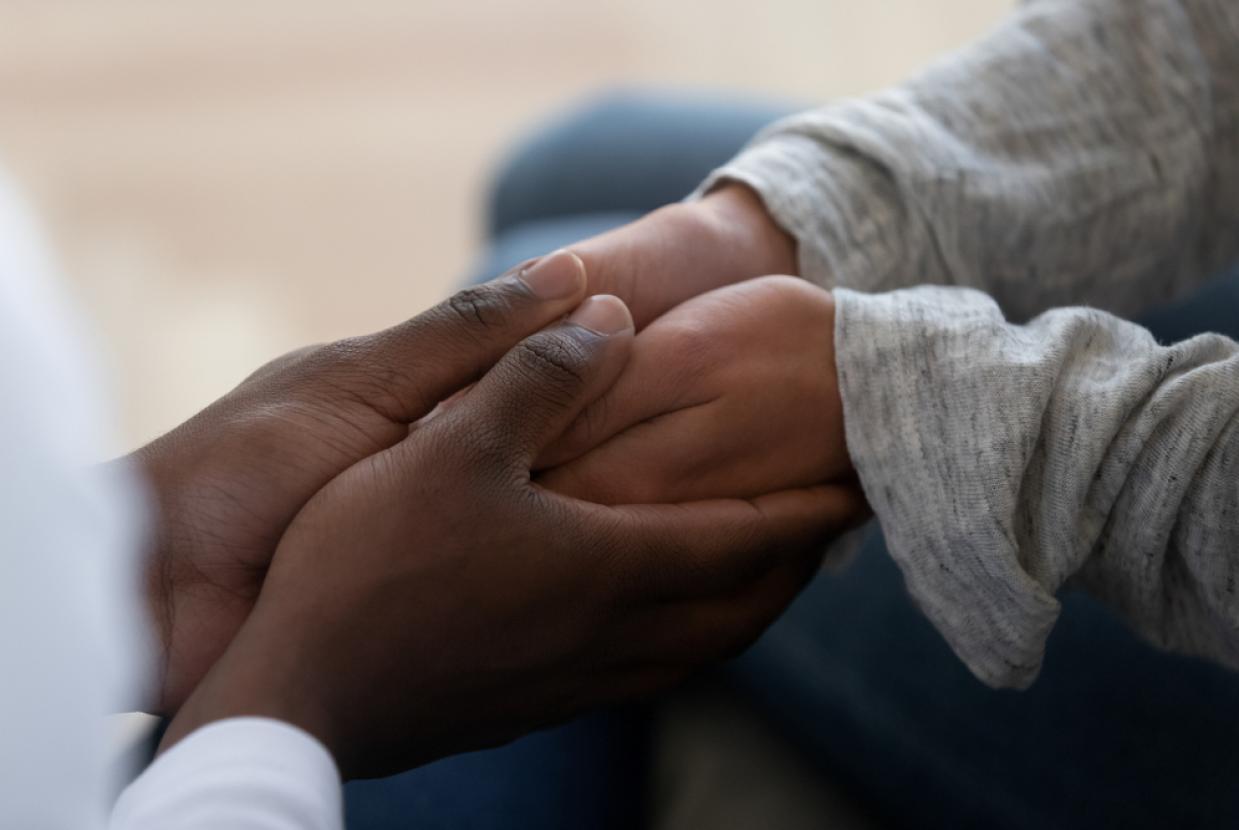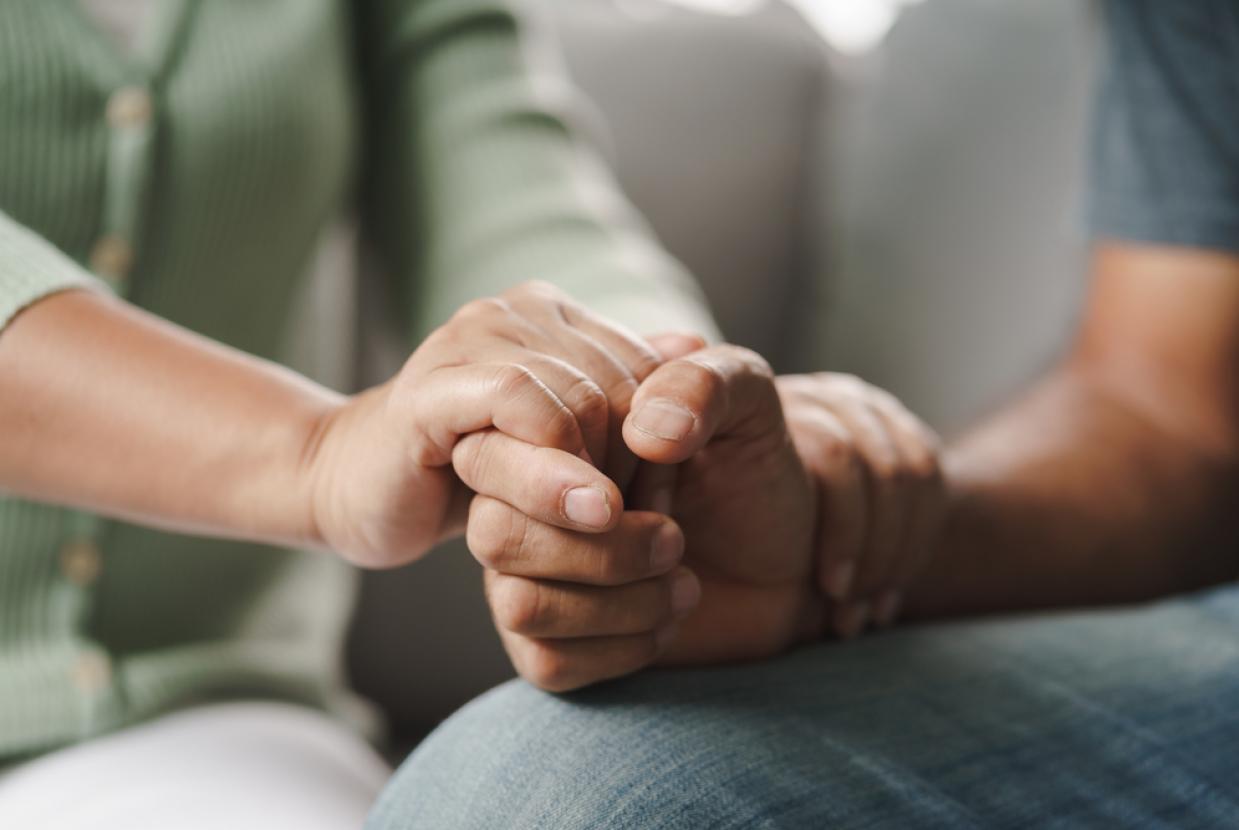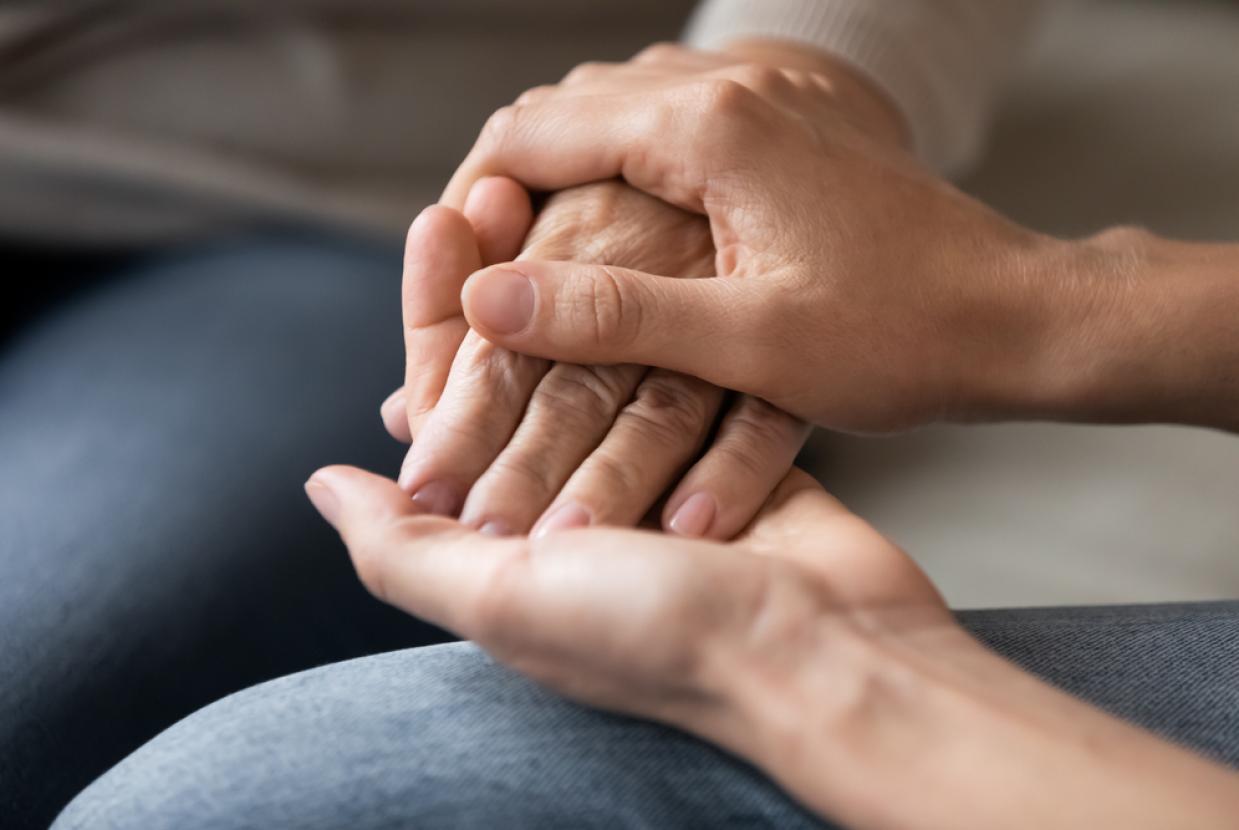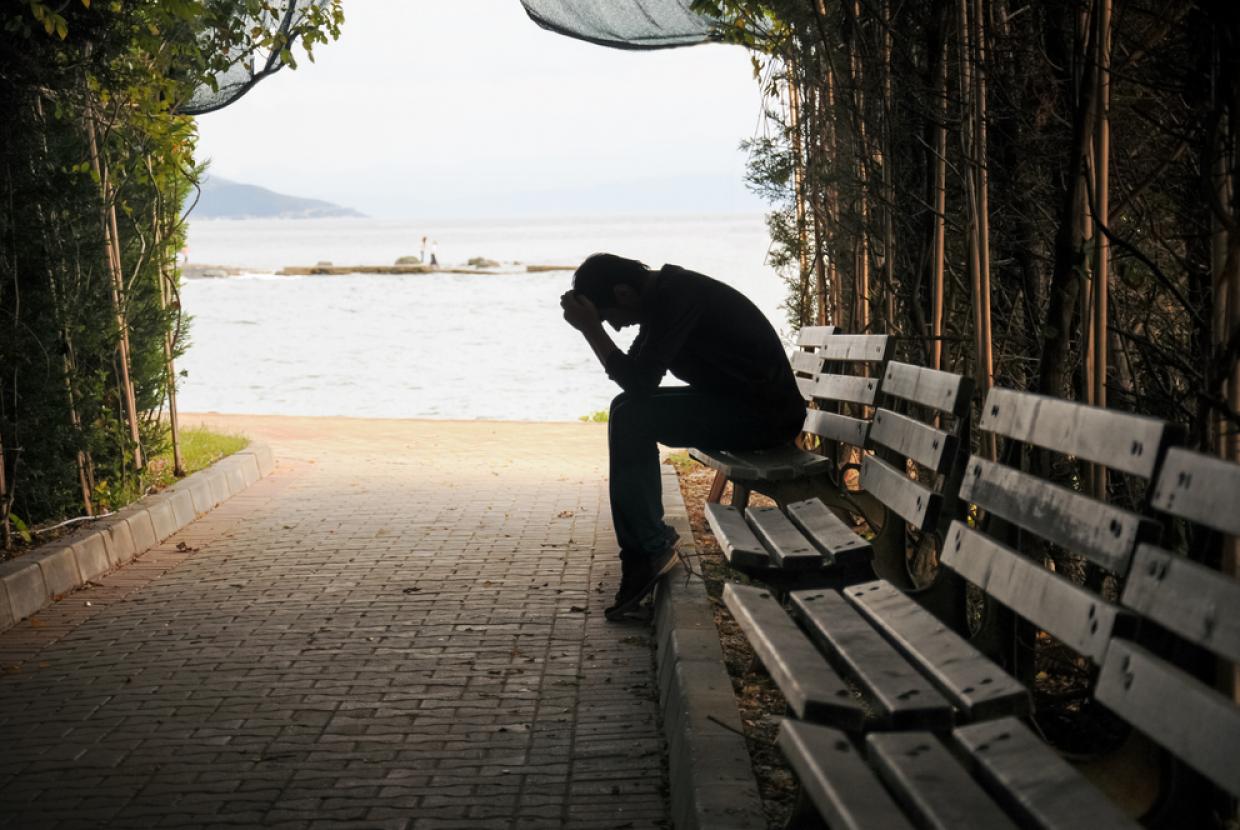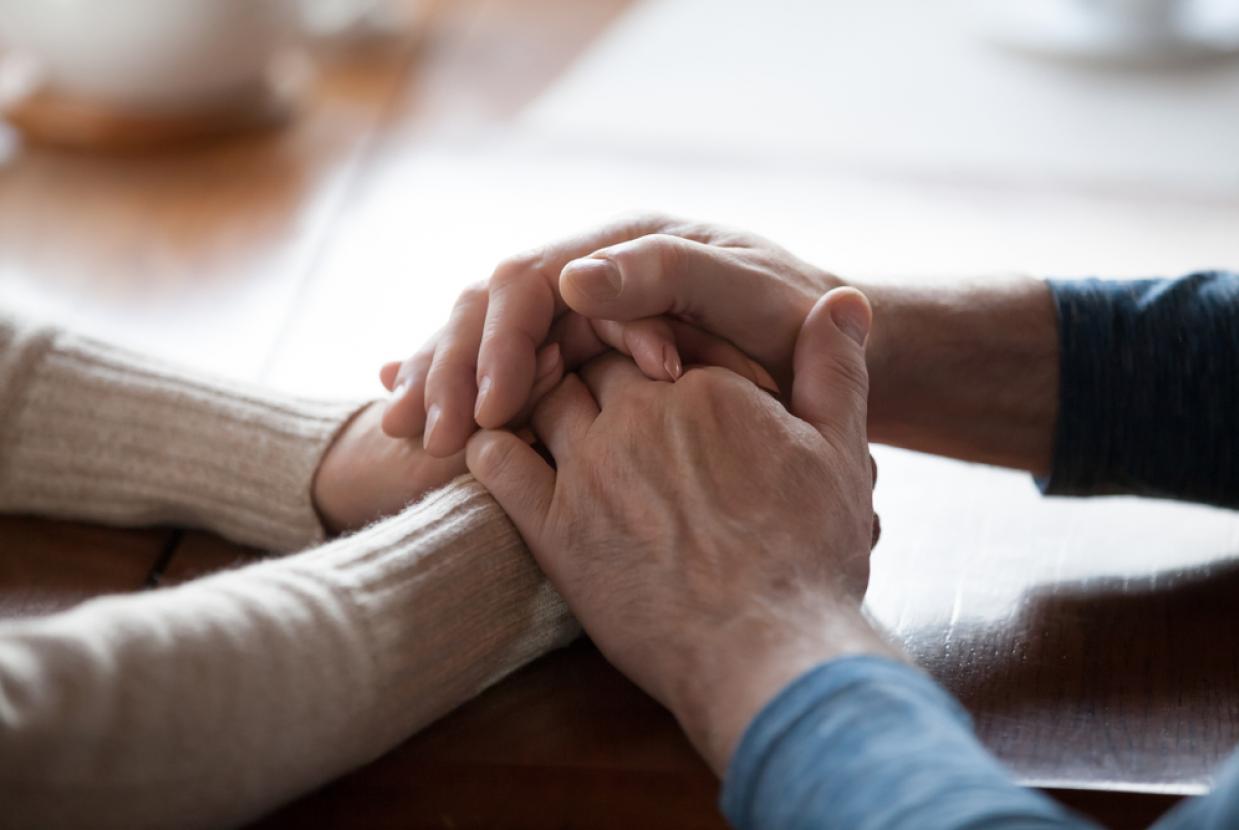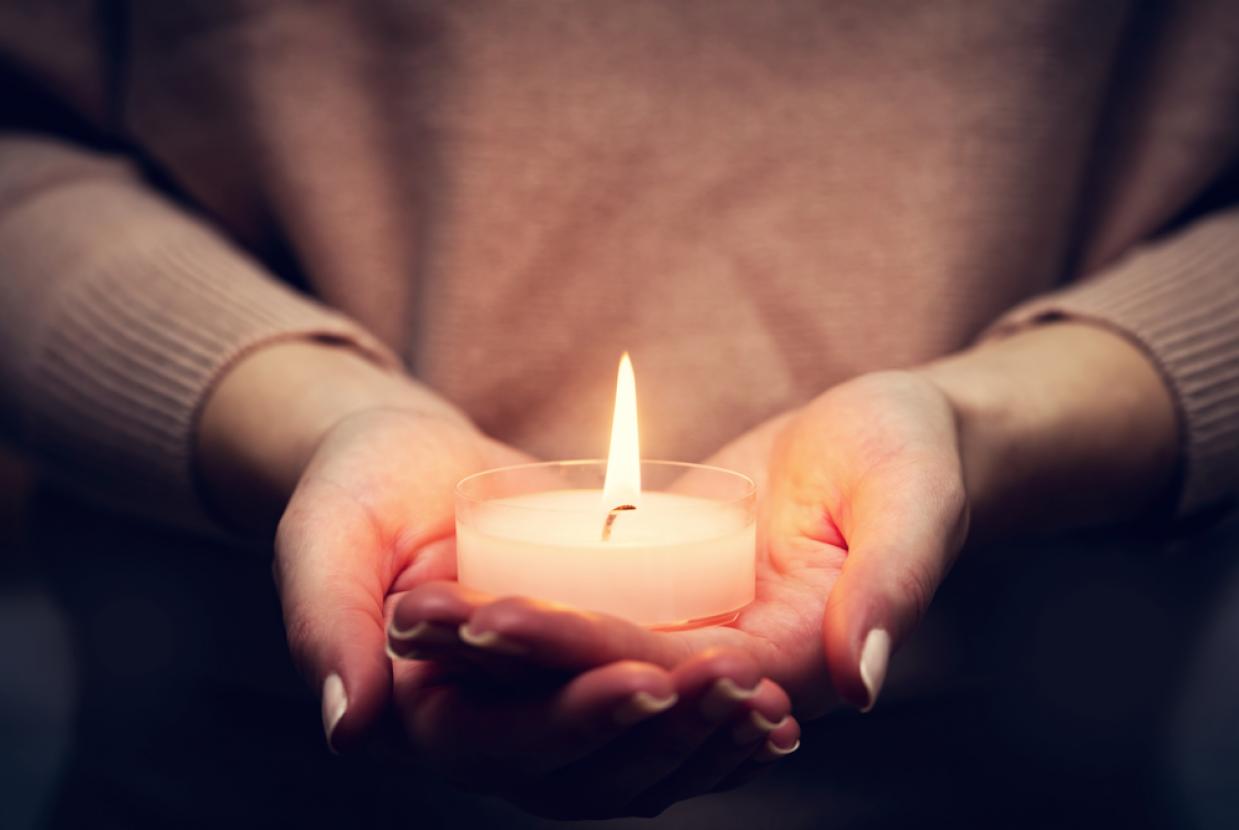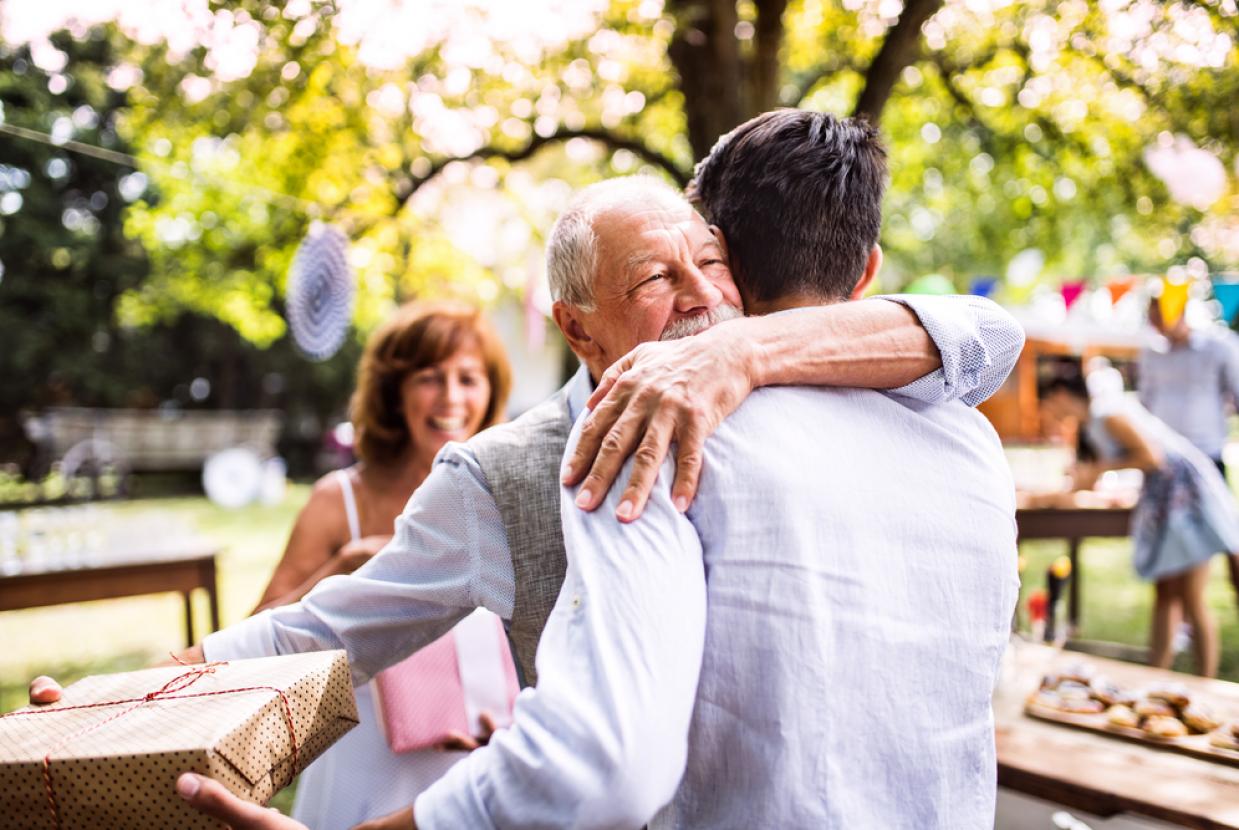How To Support Someone Who is Grieving
If your friend or relative is grieving, it can be difficult to know how to support them. It’s normal to feel awkward, or worried that you will make things worse.
How to support a bereaved personDon’t let your worries and fears stop you from being there for them at a time when they need you more than ever. There are some simple things you can do to help and support them.
- Listen
One of the most helpful things you can do for someone who is bereaved is to listen.It can be a difficult conversation to start, but it is really important to get in touch with your friend or relative and let them know you are thinking about them.
You need to know that you can’t ‘fix’ their grief. But you can support them through it. Give them a space to go over what’s happened. You can also try asking them what the person was like when they were alive.
Read our tips on how to talk to someone who is grieving
- Offer practical help
Help with practical things can be really helpful when you are grieving. Grieving people often find it difficult to make decisions. If you say ‘Let me know if I can do anything’ they need to be able to reach out and think about what to ask you for. This can be overwhelming. Instead try to make specific suggestions.
For example:
- “How about I pick up the children from school on Thursday?” is often better than…
- “Let me know if you’d like me to look after the children sometime.”
Find out if they need more support
If the person who died provided help or care for your friend or relative, they may now require extra help in the house. It might help to look up what support is available and leave information with them. Don’t pressure them as there may be times when they feel overwhelmed with all that needs doing, and need to take things slowly.
- Consider their individual situation
Grief is universal, but different cultures have different traditions and nuances, so try to find out what your friend or family member needs. There may be things important to them which you haven’t thought of wouldn’t feel is the top priority yourself. Bear with them and try to find out what they need.
Consider things that might affect their experiences such as health, disability, gender and sexuality. If they had a difficult relationship with the person who has died, this could make their feelings more confusing and difficult to deal with
- Understand that grief doesn’t ever go away
Don’t expect the person to ever to get over the death of someone close – in time the pain becomes less overwhelming but there are still going to be times which are difficult years or decades later. Really valuable friends and relatives know that they are in it for the long haul.
- Remember important dates
Anniversaries, birthdays, holidays and special days like Mother’s Day or Valentine’s Day can be particularly painful for many people. Remembering and offering support at these times can be very comforting.
- Be prepared to be in the wrong
However hard you try to be a good friend, there are times when you might say the ‘wrong’ thing, or upset someone. Many times you probably didn’t say anything wrong, but it was just not what they wanted to hear. Try to keep and open mind but also remember it might be their grief that upsets them, and not you.
- Be understanding of their needs
The needs of someone grieving will change from day to day, and it’s just not possible to always get it right. Bereaved people may also be less able to control their irritation and temper when something does go wrong.
If you are very close you may find you are a safe person for them to be angry with. This can be difficult to cope with and needs to be handled sensitively. Sometimes they might just want to be left alone for a while. It’s important to respect their need for space, but do continue to check in in case their needs change.
- Suggest useful services
There is no set timeline or set stages for grief. However if after some months someone remains unable to cope with everyday life, or find any pleasure in things they might have once enjoyed, they may need extra help. Encourage them to call the Cruse Helpline, use our chat service or search for their local branch.
It is common for people to feel that they don’t want to go on living after someone very precious to them dies. Evidence shows that asking someone about suicidal feelings is likely to protect them. You can read more about supporting someone who might feel suicidal on the Samaritans website.
- Look after yourself
It can be very emotional to support someone at such a difficult time. Remember that you can help most if you keep yourself strong. We’re here to support you too if you need someone to talk to.



